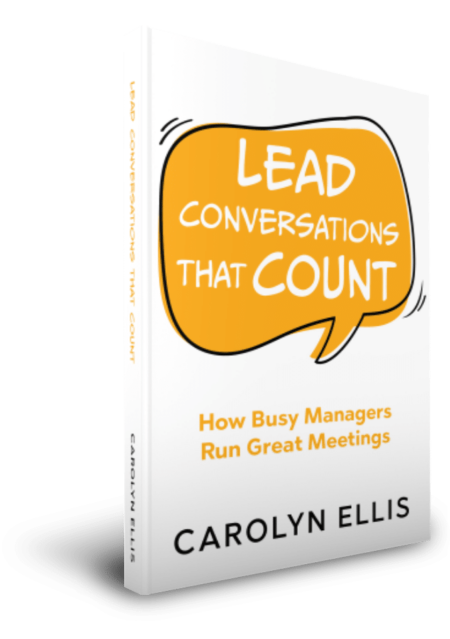When you feel like you’re in a maelstrom of uncertainty and change, how do you handle it?

If you find yourself swinging between outrage and apathy, you’re not alone. There’s even a term for the complex and interconnected crises that characterize the times we live in: polycrisis. It’s defined as a situation where multiple crises interact that cascade out as a “web of interconnected challenges that amplify each other’s effects.” Leading effectively in a polycrisis gets that much tougher because it’s not just about one issue – there’s a series of systemic issues that impact certainty, the level of disruption, and the pace of change.
Let’s face it. We’re all human. There are moments in life when change hits with an intensity that shakes you to your core. Maybe you’ve been laid off unexpectedly, your company is teetering on bankruptcy, you’re facing a serious health challenge, or a major relationship has ended. These aren’t just disruptions—they’re upheavals. And in those moments, it’s easy to feel like you’re being tossed around in a storm, struggling to find solid ground. Your goal might just be sheer survival.
In moments when you look at what appears to be confronting and inexplicable change, how do you adapt without losing yourself in the process? How do you find clarity when everything feels chaotic?
I take a lot of comfort from the wisdom of Nobel Laureate and chemist, Illya Prigogine, who said, “When a complex system is far from equilibrium, small islands of coherence in a sea of chaos have the capacity to shift the entire system to a higher order.” You can’t boil the ocean, so how can you find or create some area of coherence or sanity to help you not just navigate change, but potentially even positively impact it?
Here are three essential strategies to help you navigate intense, sudden change and come out stronger:
1. Focus on What You Can Control
When uncertainty takes over, our natural instinct is often to spiral—doom scrolling, ruminating, or feeling powerless. But while the big picture may be out of your hands, there are always elements you can control.
- Take care of your mind and body. Prioritize rest, movement, and nutrition. Stress depletes you, so investing in self-care isn’t a luxury—it’s a necessity.
- Limit distractions. Too much negative news or social media drains your mental bandwidth. Set boundaries to protect your focus and well-being.
- Strengthen connections. Isolation makes tough times even harder. Reach out to people who uplift and support you.
When you actively engage in what you can control, you start regaining a sense of agency—even in the midst of uncertainty.
2. Get Clear on What Matters
In times of upheaval, it’s easy to go into survival mode, reacting to everything rather than responding with intention. But this is exactly the time when you need to reaffirm what truly matters to you.
- Define your non-negotiables. What will you and won’t you tolerate in your work, relationships, and life?
- Make clear requests. If you need support, ask for it. If you need boundaries, set them. The clearer you are about your needs, the better others can respond.
- Embody your values. Whether it’s integrity, courage, or compassion, now is the time to double down on what you stand for.
Being clear on your personal values acts as an anchor that keeps you steady even when external circumstances are uncertain.
3. Build Your Island of Coherence
No one navigates massive change alone. When everything feels chaotic, finding (or creating) small pockets of stability with others can make all the difference.
- Surround yourself with people who lift you up. Seek out friends, mentors, or communities that align with your values and aspirations.
- Offer and receive support. Strength isn’t just about standing alone—it’s about leaning on and uplifting others.
- Leverage collective action. If you’re in a company experiencing disruption, don’t wait for leadership to “fix it.” Find like-minded colleagues to create solutions together.
The more you can create stability and alignment with others, the greater your ability to influence change rather than be overwhelmed by it.
Final Thoughts
Sudden, intense change can feel disorienting and exhausting, but you don’t have to be at its mercy. By focusing on what you can control, standing firm in your values, and building connections that sustain you, you transform chaos into an opportunity for growth.
And as Illya Prigogine reminds us—when we create small islands of coherence in the midst of disorder, we have the power to shift everything toward a higher order.
What’s one action you can take today to build adaptability and create stability for yourself or others?
If you’d like support with leadership within your organization or team, let’s connect to explore whether the Adaptive Advantage (™) program or Level Up Leadership executive coaching program can help!”




